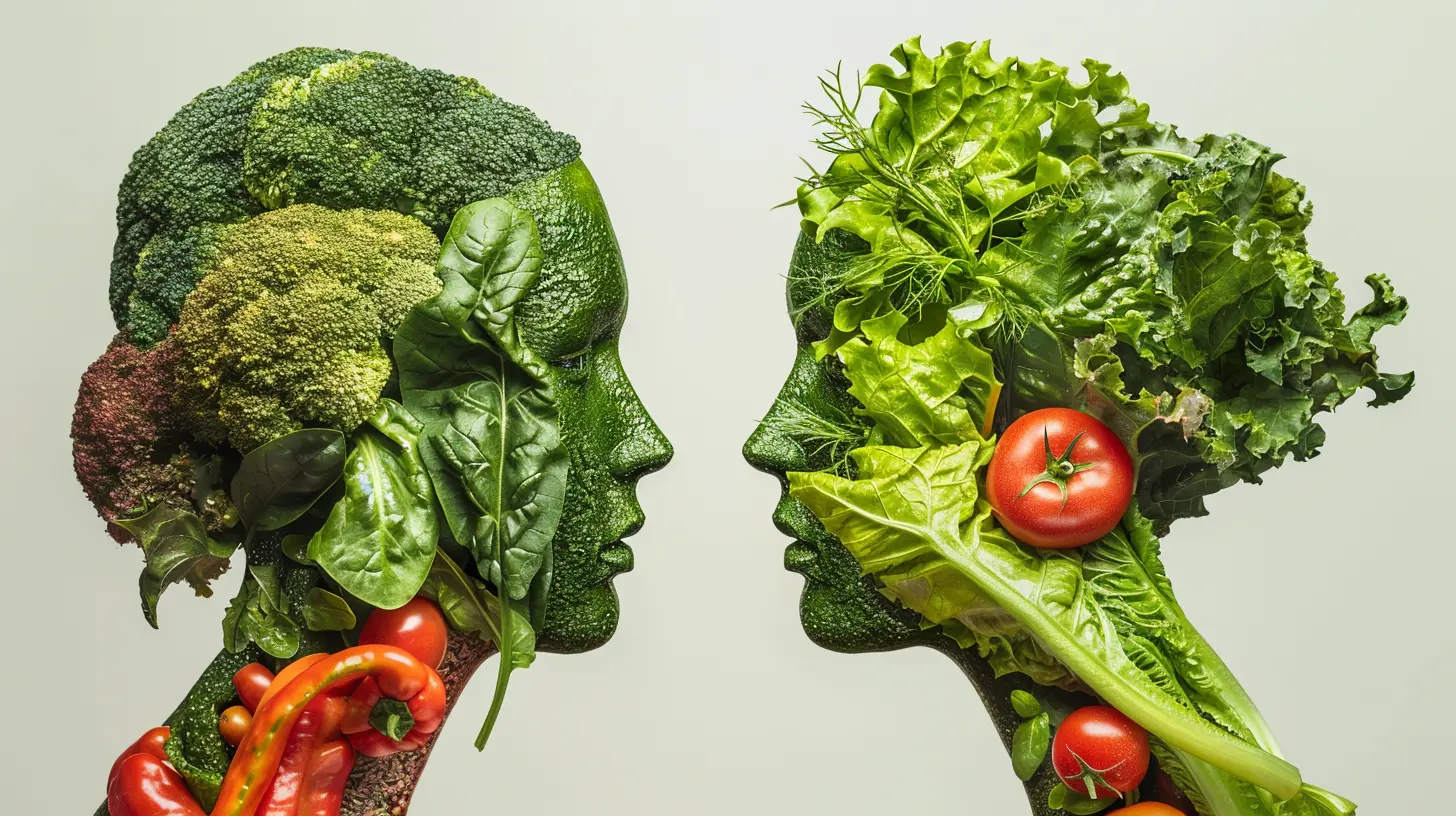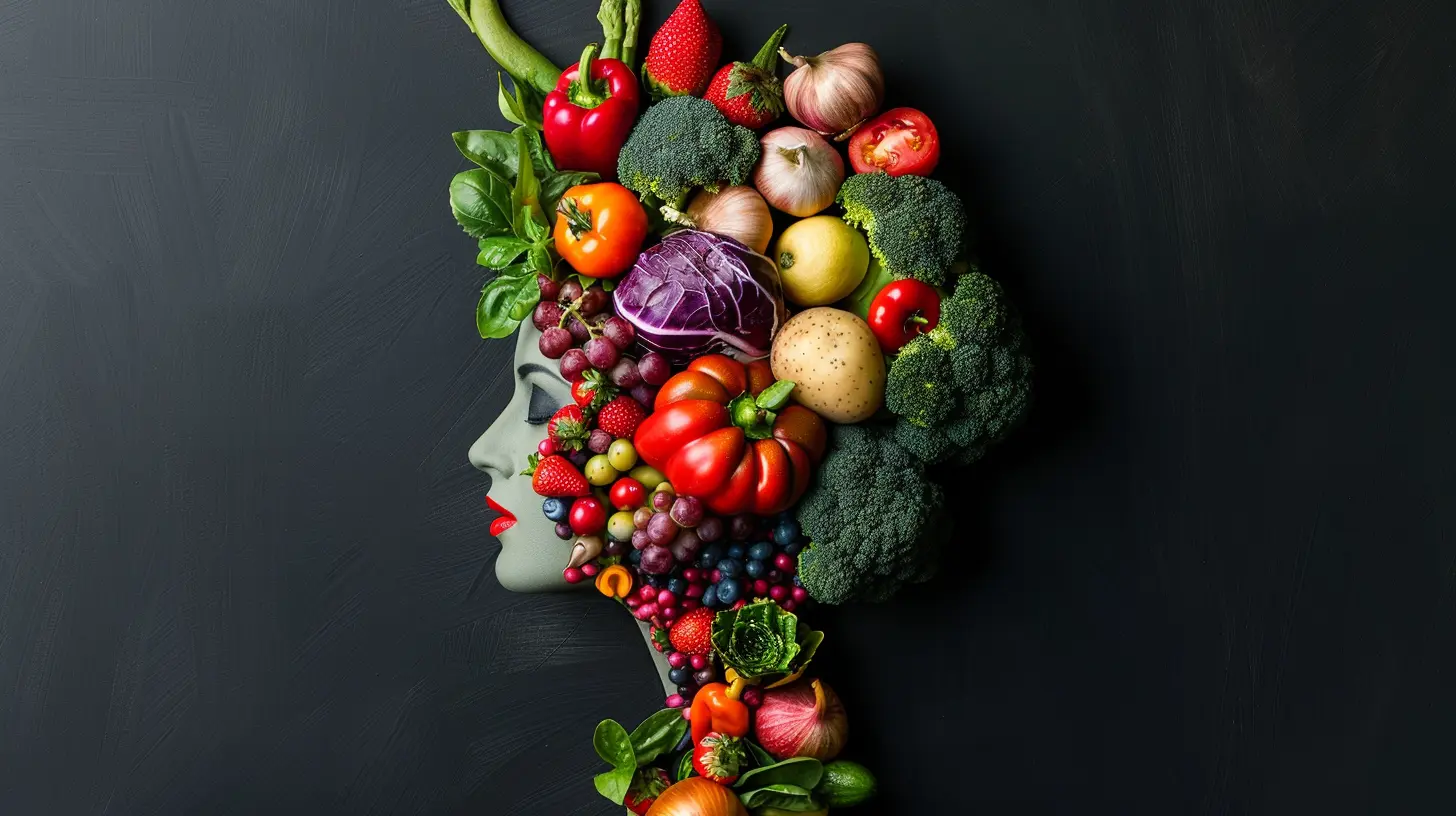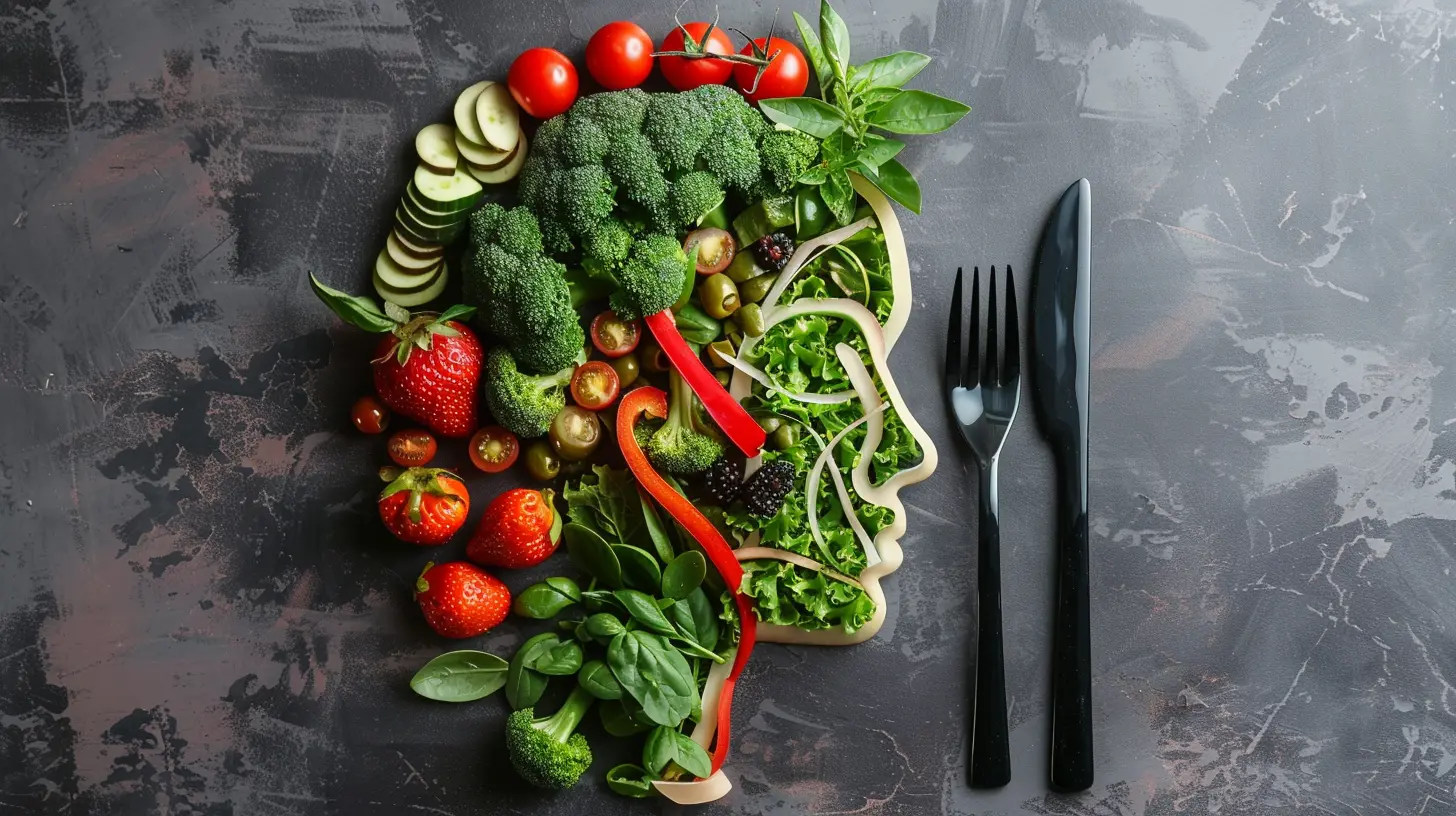Diet and Bipolar Disorder: Can Nutrition Impact Symptoms?
1 June 2025
Bipolar disorder is a complex mental health condition that affects millions of people worldwide. While treatment typically involves medication and therapy, there’s growing interest in how lifestyle choices—especially diet—might play a role in managing symptoms. Can what you eat really influence mood swings, energy levels, and overall mental well-being? Let’s dive into the connection between nutrition and bipolar disorder.

Understanding Bipolar Disorder
Bipolar disorder is a mood disorder characterized by extreme shifts in mood, energy, and activity levels. These shifts include periods of:- Mania or Hypomania – A high-energy phase with impulsive behavior, reduced need for sleep, and increased activity.
- Depression – A low-energy phase with feelings of sadness, hopelessness, and fatigue.
Managing these extreme mood swings is challenging, and while medication plays a crucial role, lifestyle factors—including diet—are often overlooked in treatment plans.

How Nutrition Affects Mental Health
You've probably heard the phrase "you are what you eat." Well, when it comes to mental health, it’s not far from the truth. Our brain relies on a steady flow of nutrients to function properly. Certain foods can support mental stability, while others might trigger mood fluctuations.Nutrition impacts brain chemistry, inflammation, and gut health—all of which are linked to mental health disorders, including bipolar disorder. So, can diet make bipolar symptoms better or worse? Let’s break it down.

Foods That May Help Manage Bipolar Symptoms
1. Omega-3 Fatty Acids: Brain Boosters
Omega-3s, found in fatty fish (like salmon and sardines), flaxseeds, and walnuts, are critical for brain function. Research suggests that omega-3s might help stabilize mood and reduce depressive episodes in bipolar disorder. These healthy fats support brain cell communication, which is essential when battling mood swings.2. Complex Carbohydrates: Energy Stability
Not all carbs are created equal! Processed carbs (think white bread and sugary snacks) can cause energy crashes, which might worsen mood instability. On the other hand, complex carbs—like whole grains, quinoa, and sweet potatoes—provide a steady release of energy, helping maintain balanced moods.3. Lean Proteins: Mood-Regulating Amino Acids
Proteins contain amino acids, the building blocks of neurotransmitters like serotonin and dopamine. Consuming lean proteins (like chicken, tofu, beans, and eggs) ensures that your brain has the necessary tools to regulate mood effectively.4. Probiotics and Gut Health: The Brain-Gut Connection
The gut and brain communicate through the gut-brain axis, meaning that gut health directly impacts mental well-being. Probiotic-rich foods like yogurt, kefir, and fermented vegetables support a healthy gut microbiome, which can help reduce inflammation linked to mood disorders.5. Magnesium: The Relaxation Mineral
Magnesium plays a role in brain function and mood regulation. Some studies suggest that magnesium deficiency may be linked to increased symptoms of depression and anxiety. Good sources include almonds, spinach, and bananas.6. Hydration: The Simple Yet Overlooked Factor
Dehydration can lead to fatigue, brain fog, and mood disturbances. Drinking enough water daily ensures that your brain functions optimally. A simple habit, but one that can make a difference!
Foods That May Worsen Bipolar Symptoms
1. Sugar: The Mood Rollercoaster
Sugar may give you a temporary high, but it’s often followed by a crash—leading to irritability, fatigue, and mood swings. High sugar intake has also been linked to inflammation, which may contribute to mental health conditions.2. Caffeine: Energy Spikes and Crashes
Caffeine can be tricky for people with bipolar disorder. While it provides temporary alertness, too much caffeine can lead to restlessness, anxiety, and sleep disturbances, potentially triggering manic episodes.3. Alcohol: A Mood Destabilizer
Alcohol might seem like a quick escape, but it can worsen mood swings, interact negatively with medications, and even contribute to depressive episodes. It’s best to limit or avoid alcohol if you have bipolar disorder.4. Processed Foods: Hidden Harm
Highly processed foods often contain artificial additives, preservatives, and unhealthy fats that can contribute to inflammation and negatively impact brain function. Stick to whole, nutrient-dense foods whenever possible.Special Diets and Bipolar Disorder
1. The Mediterranean Diet
This diet, rich in fruits, vegetables, whole grains, fish, and healthy fats, is often praised for its brain-boosting benefits. Some studies suggest that it may help improve mood stability and reduce the severity of bipolar symptoms.2. The Ketogenic Diet
The keto diet focuses on high fat, moderate protein, and very low carbs. Some research indicates that it may help stabilize mood by reducing brain inflammation and supporting neurotransmitter function. However, it’s essential to consult a doctor before trying it, as extreme changes in diet may trigger mood episodes in some individuals.3. Intermittent Fasting
Intermittent fasting has gained popularity due to its potential brain benefits. Some people report improved mental clarity and mood stability. However, fasting can also trigger stress responses in the body, which might not be ideal for someone with bipolar disorder.
Can Diet Replace Medication?
While diet can play a supportive role in managing bipolar disorder, it is not a replacement for medication and therapy. Think of food as a tool—one of many—that can help regulate mood and improve overall health. It’s crucial to work with a healthcare professional when making dietary changes, especially if you’re on medication.Small Steps to a Better Diet
If changing your whole diet feels overwhelming, start small! Try adding one or two mood-friendly foods into your meals and cutting back on processed snacks. Even minor adjustments can make a noticeable difference over time.- Swap sugary drinks for water
- Choose whole grains over refined carbs
- Incorporate more omega-3s into meals
- Eat protein with every meal for mood stability
Final Thoughts
While there’s no "magic diet" for bipolar disorder, nutrition undeniably plays a role in mental health. Eating nutrient-dense foods can support brain function, improve mood stability, and even reduce the severity of symptoms. At the same time, avoiding processed foods, excessive sugar, and caffeine can help prevent mood swings.Managing bipolar disorder requires a combination of medical treatment, therapy, and healthy lifestyle choices. A balanced, mindful diet can be a valuable part of that approach. After all, when you fuel your body the right way, your mind benefits too.
all images in this post were generated using AI tools
Category:
Bipolar DisorderAuthor:

Jenna Richardson
Discussion
rate this article
3 comments
Rose McGowan
This article provides valuable insights into the connection between diet and bipolar disorder. It highlights how specific nutrients can influence mood stability and overall mental health. Integrating a balanced diet may serve as a complementary approach to traditional treatments, emphasizing the importance of holistic care in managing bipolar symptoms. Great read!
June 13, 2025 at 3:23 AM

Jenna Richardson
Thank you for your thoughtful comment! I'm glad you found the insights valuable and agree on the importance of a holistic approach to managing bipolar disorder.
Andrew Valentine
Who knew kale could be a mood booster? Let’s taco ‘bout how nutrition shapes our minds—one bite at a time!
June 9, 2025 at 4:51 PM

Jenna Richardson
Absolutely! Nutrition plays a crucial role in mental health, and incorporating foods like kale can positively influence mood and well-being. Let's keep exploring the connection between diet and mental wellness!
Caelum Turner
Great article! It’s fascinating how our diet can influence mental health. I’ve noticed small changes in my mood with different foods. It’s a reminder that what we eat can be more than just fuel—it may really help us manage our well-being. Looking forward to trying some of these tips!
June 8, 2025 at 4:31 PM

Jenna Richardson
Thank you! I'm glad you found the article insightful. It's amazing how diet can play a role in mental health, and I hope you find the tips helpful!



